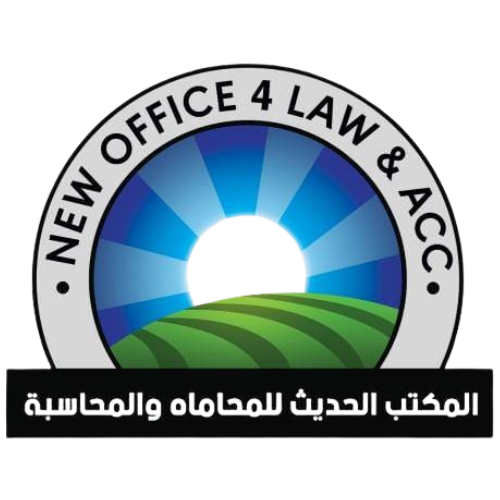When it comes to filing taxes in Egypt, knowing what you can legally deduct can make a big difference—especially for business owners and professionals. At New Office for Law & Accounting, we see a lot of clients either missing out on valid deductions or mistakenly claiming things that could lead to fines, delays, or tax audits. So let’s clear things up.
In simple terms, a tax deduction is an expense you’re allowed to subtract from your total income before calculating how much tax you owe. The more valid deductions you have, the lower your taxable income—and the less you pay. But under Egyptian tax law, not everything qualifies.
Let’s start with what you can deduct. These are considered allowable business expenses (provided that you keep regular books to record deductible expenses and that these books are certified by a certified public accountant), as long as they are directly related to earning income and are supported by appropriate documentation.
- Rent and utilities for business premises – If you rent an office, store, or workshop, the rent and utilities like electricity and water are deductible. If you work from home, only the portion used strictly for business may apply.
- Employee salaries and social insurance contributions – Payments to registered employees, including mandatory insurance, are deductible.
- Purchases of goods or raw materials – Anything you buy to create or sell your product or service, including imports, counts as a deductible cost.
- Professional services – Payments to lawyers, accountants, marketing agencies, or consultants for work done for your business are allowed.
- Depreciation of fixed assets – If you’ve invested in equipment, furniture, or machinery, you can deduct a percentage of its value each year as depreciation.
- Bank fees and interest on business loans – Financial charges related to business accounts or credit facilities can be deducted.
- Advertising and marketing – Promotional costs, online campaigns, printed materials, and even signage expenses can qualify.
Now let’s look at what you cannot deduct, no matter how tempting it might be.
- Personal expenses – Meals, clothes, private car fuel, and mobile bills used for both personal and business purposes are not deductible unless clearly separated and justified.
- Fines and penalties – If your business is fined for late tax payments, employee violations, or legal issues, these costs are not deductible.
- Unregistered employees or cash payments without invoices – If your staff are not legally registered or you pay in cash without official invoices, these expenses will be rejected by the Tax Authority.
- Family-related expenses – Expenses for spouses, children, or relatives—even if they “help” with your business—can’t be deducted unless they’re officially employed and registered.
- Overestimated depreciation or fake asset listings – Trying to inflate deductions through made-up assets or exaggerated values can lead to audits and legal action.
The golden rule is this: if the expense is necessary, documented, and clearly related to your income—it likely qualifies. But even then, it’s always safer to check with a tax expert.
At New Office for Law & Accounting, we help individuals and companies understand how to structure their expenses, organize their records, and file their taxes in full compliance with Egyptian law. Our goal is simple: help you save money the legal way, and keep you protected from penalties and audits.
If you’re unsure about what you can or can’t deduct in your upcoming tax file, don’t guess. Reach out to our accounting team and let’s get your numbers right from the start.




